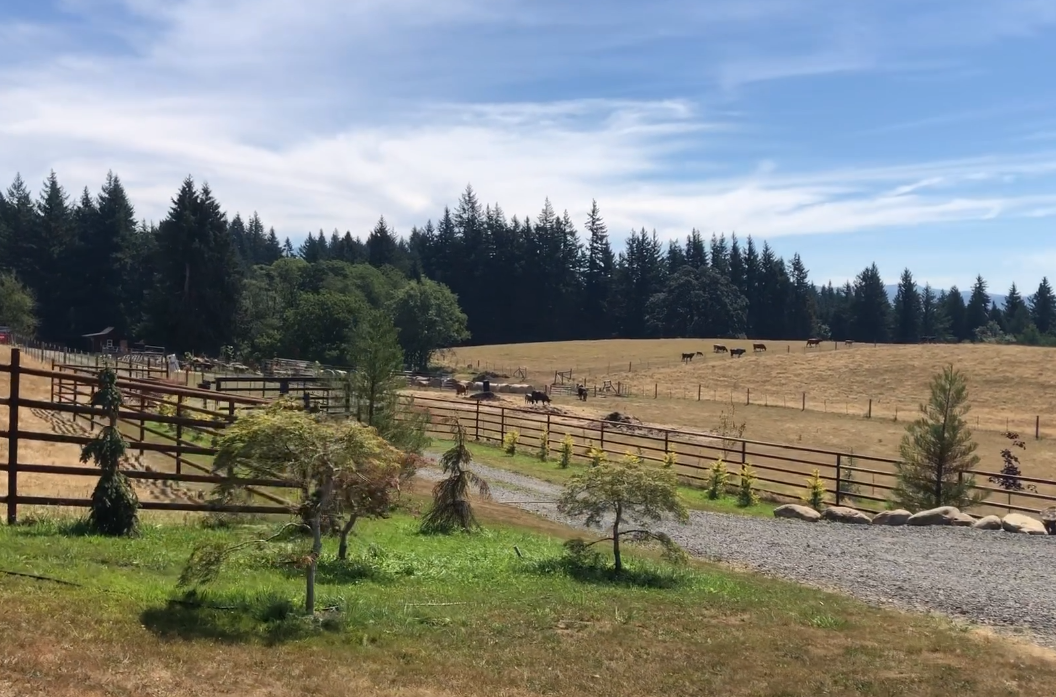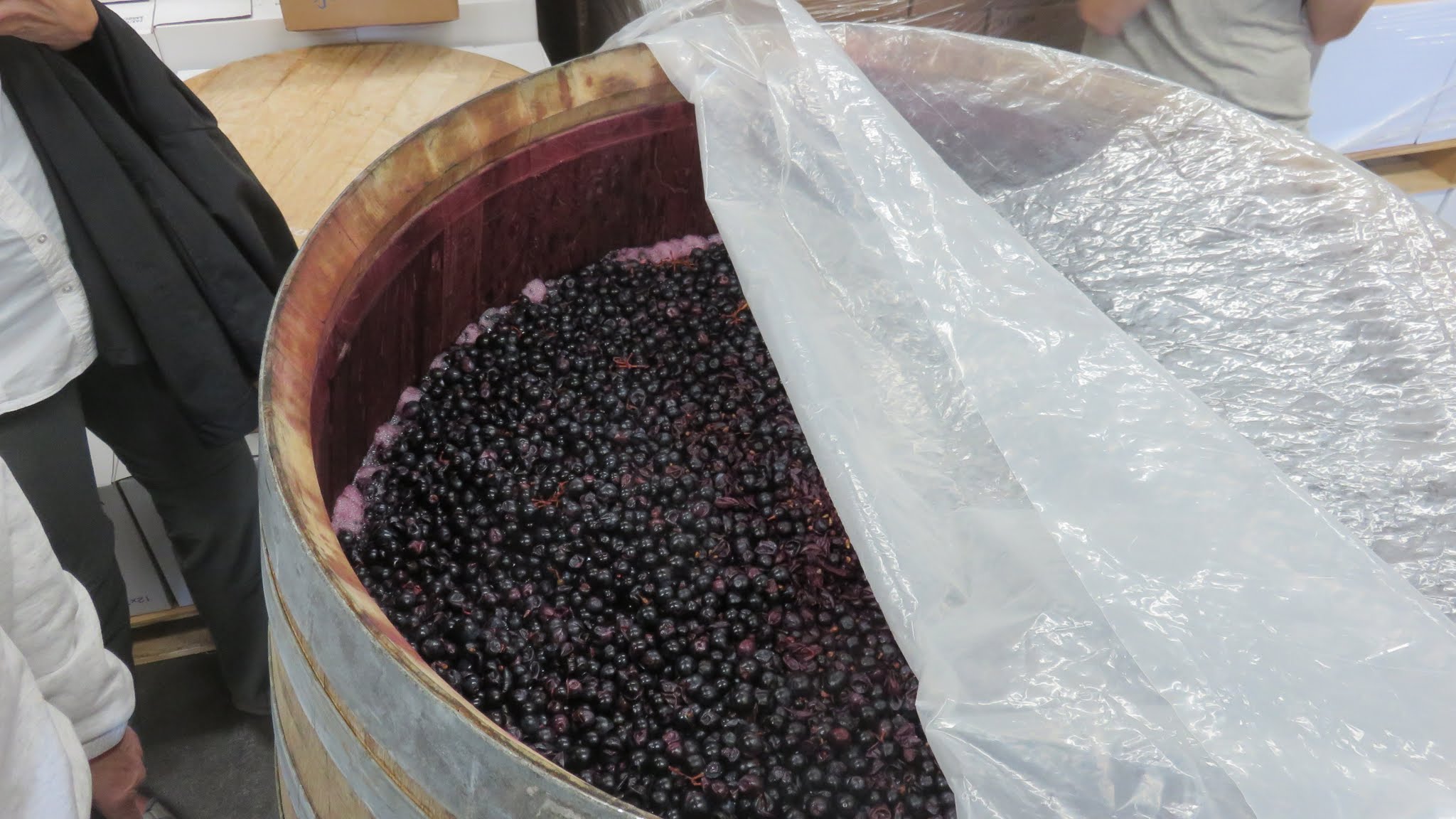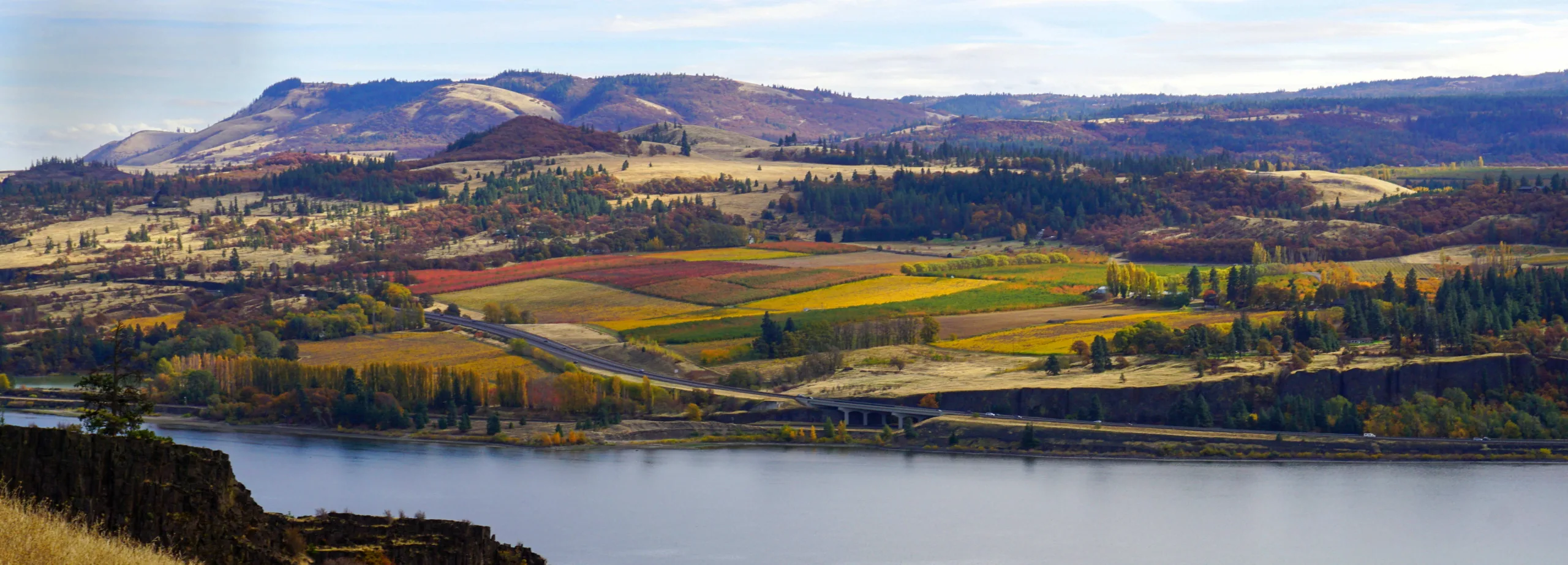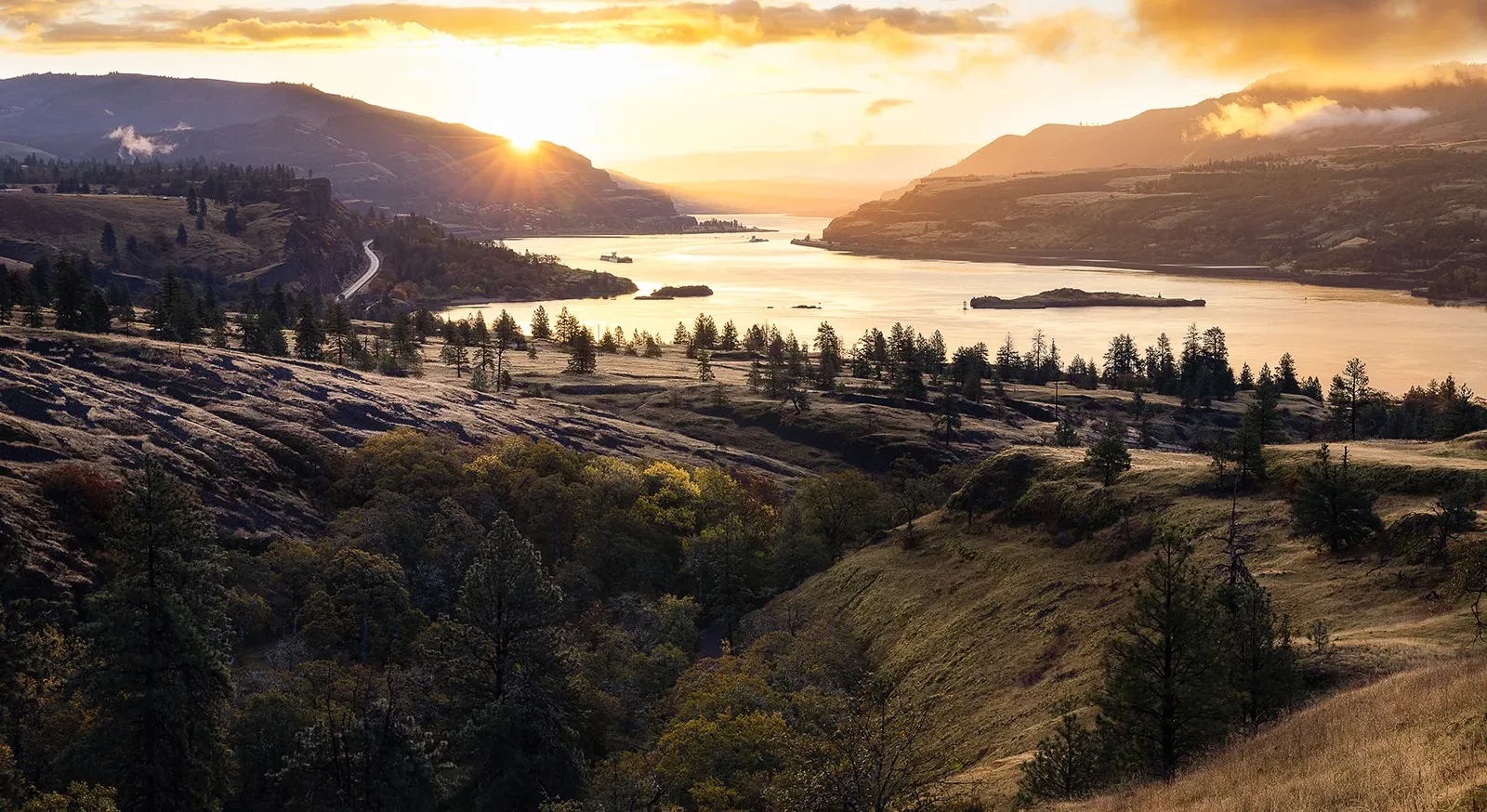Friends is currently gearing up to defend a recent appellate decision of the Columbia River Gorge Commission that, if upheld on further appeal by the courts, will continue to protect farmland in the Columbia River Gorge National Scenic Area now and into the future.
When Congress passed the Columbia River Gorge National Scenic Area Act in 1986, it realized that farmland in the Gorge was being rapidly depleted by development pressure from the Portland and Vancouver metropolitan area. Seeking to reverse this alarming trend, Congress expressly mandated in section 6(d) of the Act that the Gorge Management Plan and other Scenic Area land use rules must “protect and enhance agricultural lands for agricultural uses.”
That provision of the Act requires the Gorge Commission, U.S. Forest Service, and implementing counties to protect prime farmland from conversion to residential development and other uses incompatible with agriculture. These agencies and governments have adopted land use rules for protecting farmland in the National Scenic Area in the form of the Gorge Management Plan and county ordinances.

Decades after these rules were adopted, the development pressures continue, as landowners and developers still probe the Scenic Area rules for potential loopholes that might allow them to overdevelop and convert Gorge farmland into large trophy homes. One such legal battle is currently playing out on a parcel of farmland in southeast Clark County.
In a test case that could have wide-reaching implications for prime farmland throughout the National Scenic Area, real estate development company and landowner Norway Green, LLC argues that it should be allowed to build a more than 7,000-square-foot “non-farm dwelling” on an approximately 41-acre parcel of farmland it recently purchased on SE Gibson Road.
Non-farm dwellings are relatively rare in the National Scenic Area because they are limited to parcels that, despite being zoned as Large-Scale Agriculture in the original Gorge Management Plan in 1991, cannot produce a profit from farming. An applicant for a non-farm dwelling must essentially prove that it was a mistake for the parcel to be zoned as Large-Scale Agriculture in the first place.
Here, the 41-acre parcel was part of a family farm for decades, and even new owner Norway Green continues to farm the property after purchasing it in 2020. The company also continues to receive substantial tax breaks from Clark County for keeping the property in farm and forestry use.
Finally, when it applied to build a large non-farm dwelling on the parcel, Norway Green simultaneously applied to build a large agricultural building on the same parcel. In other words, the company contended that it needs a large barn in order to keep farming the property yet it also needs a non-farm dwelling because the property is not farmable. Obviously both assertions cannot be simultaneously true. Yet Norway Green expected Clark County to approve both proposed buildings. This is the first time in the history of the National Scenic Area that a land use applicant has sought permission to build a non-farm dwelling and an agricultural building in the same land use application.
Norway Green also submitted evidence to Clark County from Norway Green’s own farming consultant proving that the parcel is farmable and can produce a monetary profit from a variety of crops, including wine grapes, fruit trees, and Christmas trees. This evidence was corroborated by Friends’ expert witnesses and by multiple local farmers and community members.
Despite these facts, Norway Green contends that its parcel is eligible for a non-farm dwelling. Among Norway Green’s many arguments in the case, the company asserts that the parcel is “predominantly unsuitable” for agriculture because more than half of the parcel is wooded and currently used for commercial forestry. Norway Green presents a false dichotomy that the parcel must be used either for forestry or agriculture, when in fact this parcel is suitable for both types of uses—either simultaneously or interchangeably.
Fortunately, the Clark County Land Use Hearing Examiner saw through Norway Green’s claims and denied its development proposal. Norway Green then appealed to the Gorge Commission.

On appeal, the Gorge Commissioners carefully considered and rejected all of Norway Green’s arguments. The Gorge Commission’s final written order establishes important precedents and provides guidance to other potential land use applicants and the other counties about how the National Scenic Area rules for non-farm dwellings are meant to be applied.
Undeterred by these rulings against it, Norway Green has now appealed again, this time to the Clark County Superior Court. Among its numerous meritless claims, Norway Green contends that it was unconstitutionally deprived of its property rights and is seeking monetary damages and attorney fees in the case.
Friends has participated in the public review of Norway Green’s application and the resulting litigation at every step of the way, explaining why Norway Green’s arguments fail under the law. At the Clark County level, Friends presented testimony and legal arguments refuting Norway Green’s claims that the property is predominantly unsuitable for agriculture simply because it has trees growing on it. On appeal to the Gorge Commission, Friends successfully defended the Clark County Land Use Hearing Examiner’s decision.
The stakes are enormous. An analysis by Friends concluded that if Norway Green’s flawed arguments were to prevail, more than 75% of currently vacant Large-Scale Agriculture parcels in Clark County alone could each be immediately developed with a non-farm dwelling. Such a result threatens to spread urban sprawl throughout the Gorge’s best-remaining farmland and permanently convert it to non-farm use.
Farmland is a vitally important resource for sustaining the Columbia River Gorge’s communities, local economies, and rich cultural heritage. Not only does farmland deserve to be protected for future generations, Congress has in fact mandated that outcome.
Now that Norway Green has appealed in the Clark County Superior Court, Friends will remain involved in this litigation in order to defend the decisions of the Gorge Commission and Clark County denying this ill-advised development project. This precedent-setting legal case allows Friends to ensure the proper implementation of the Scenic Area Act’s requirements for protecting agricultural lands for agricultural uses, just as Congress intended more than 35 years ago.
About the author: As Senior Staff Attorney, Nathan Baker is responsible for managing the organization’s legal efforts to protect the resources of the Columbia River Gorge. Since Nathan joined Friends in November 2000, Friends has participated in more than one hundred legal cases, losing less than fifteen percent of them. Nathan is licensed to practice law in both Oregon and Washington. He has edited and written for several legal publications on environmental and land use topics. While studying at Lewis & Clark Law School, he served as student body president and worked as a law clerk for the Pacific Environmental Advocacy Center (now Earthrise Law Center) and as the Law School’s alternative transportation coordinator.





